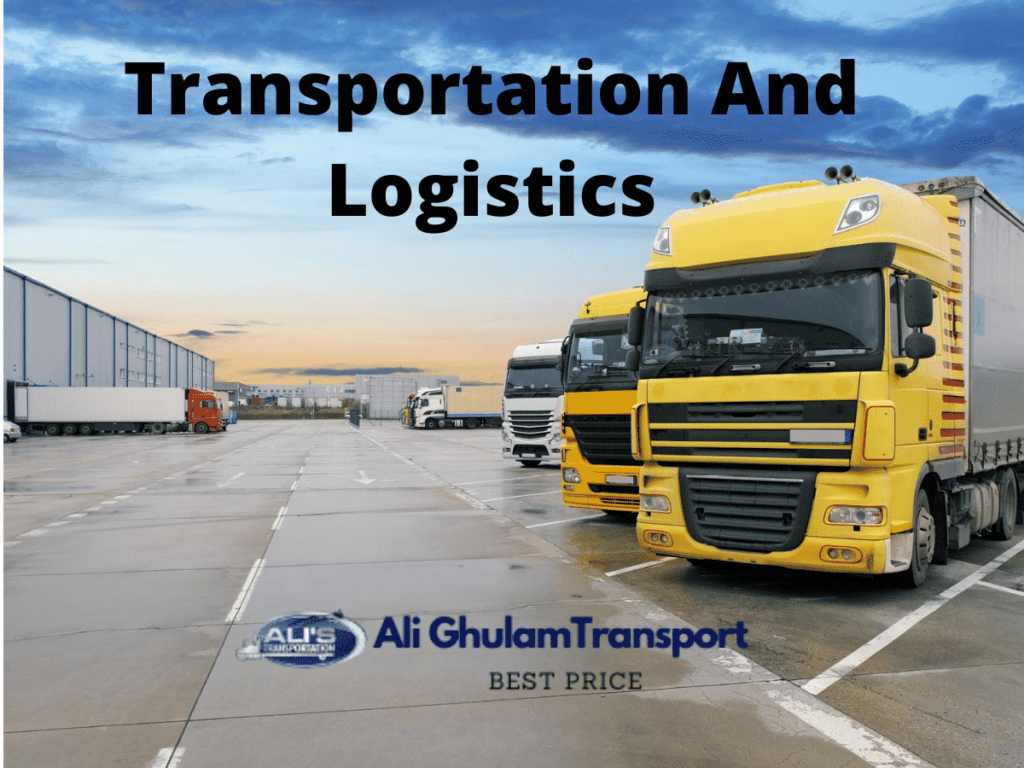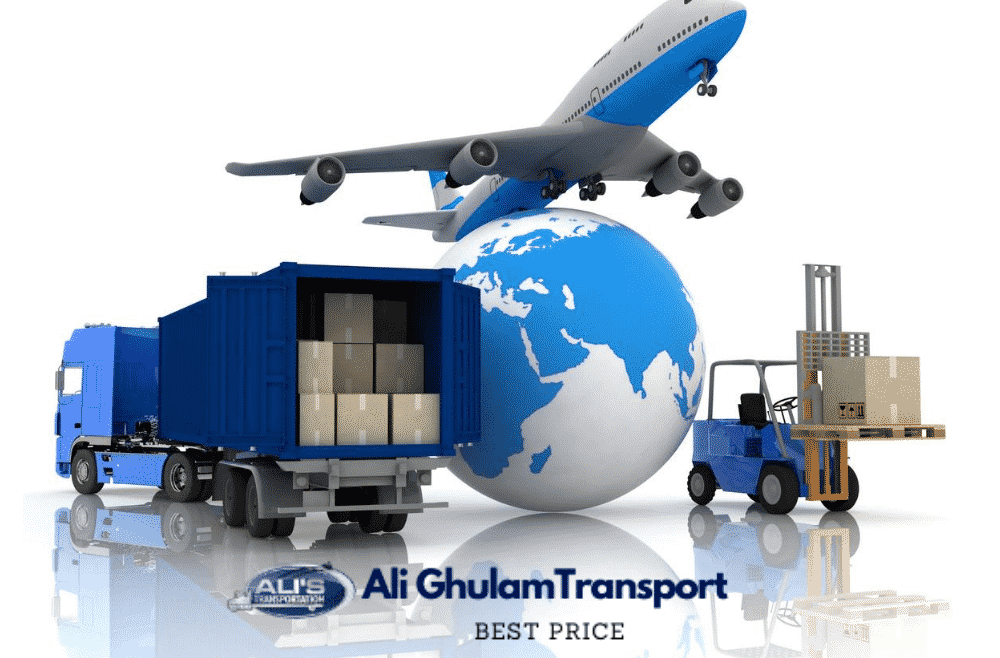1) Transportation & Logistics Management:
Transportation and Logistics Management students learn the business of moving people, products, and materials ina manner such that they arrive in the right place, at the right time, in the proper condition. And if we do our job right – you never hear about us. It’s just there when you reach out on the shelf. We call it the great hidden empire. Andre Anderson: You definitely don’t think about it at all because it’s just kind of going on in the background. And it’s really something that’s important. It’s kind of like a glue that fits everything together. Narrator: UW-Superior’s Transportation and Logistics Management program was designed with the aid of industry leaders and draws on many disciplines to produce graduates with a broad range of skills. Natalie Burger: The T& L program here incorporates general business as well as the specific transportation courses.
a) Supply chain, Transportation and Logistics, Intermodal transportation Information:
You get to take courses in accounting, finance, marketing – and then you also get to take the specific courses like economics, supply chain, Transportation and Logistics, intermodal transportation… It’s building blocks. You learn so much. And I think when you go out into the world and show how much you know, it impresses people. T& L students enjoy the benefits of small class sizes and personal attention from top-notch instructors. All of the faculty we have in the T& L program have worked in industry prior to working in academia. And we bring that knowledge of industry operations along with academic training and expertise and research capabilities into the mix. They’re world-class instructors, highly renowned. And the best part is, being in a small institution they learn your name, they know who you are, they push you to be better.

b) The Importance of Transportation and Logistics:
- A key component to the success of the program is Superior’s role as a Midwest Transportation and Logistics hub where ships, trucks, trains, planes, and pipeline converge. Natalie: The Twin Ports is the perfect location to have a program like this because we’re really unique we have access to all five modes of transportation.
- I mean you can go to LA and see many modes of Transportation and Logistics. The beauty is, I can put my students into their cars or a van and we can be at one of these sites in ten minutes.
- There’s a bunch of different opportunities for people to go see rail yards, seaports, see the pipeline.
- So we climb aboard a locomotive, we look at the parts of it, we talk about it. We go through the ship from stem to stern and look at everything, with experts leading us and talking about it.
- It really helps to connect what you’ relearning from reading textbooks to the real world. Kate: Do I like pipelines? Do I maybe want to be a planner? Do I want to layout cities? Or do I really like these big ships over here? How do you pick? And I think the field trips direct focus for students. I want to thank the youth for coming out, the students who are here today. Kate: One of the best things that I think the program does is to encourage the students to get out into the Transportation and Logistics industry and mingle and network.
- We competitively provide opportunities for students to go to national venues, and where feasible international venues.

2) Supply Chain Transportation & Logistics:
The supply chain is I get to wake up every morning thinking about something different. It’s a constant conversation of: What could we do? How can we optimize? The supply chain field especially is growing at, almost an exponential rate. It’s really a field that touches a lot of areas, so the impact is very widespread, and the more than data-driven background that you have helps to excel all those business units. The proliferation of devices that allow us to have information and to sort of see that information real-time and then change decisions has dramatically altered how we operate supply chains. Retail is probably going through a metamorphosis that has not hit retail in probably the last 20 years. It makes companies like REI really have to employ and engage really smart people. People that have an ability to deal with data. People that have an ability to deal with ambiguity. Our focus is on the technology and operations within the supply chain; we refer to that as transportation and logistics. The reason that we focus on transportation and logistics is that is where innovations are happening.
a) Is Logistics the Same as Supply Chain Management:
We are an engineering-based program, and the way you see that in our program is a focus on measurement and on management the transportation and logistics — and we do that through data and data analysis. This program really focused a little more on the data side and having that more data-driven side really helps you to grow faster and really adapt more to the modern workplace.


2 Comments
Candida
Hi! I’m at work browsing your blog from my new
iphone 4! Just wanted to say I love reading your blog
and look forward to all your posts! Keep up the excellent work!
Also visit my website :: CBD for Sale
Nassau Airport To Riu Palace
Riu Paradise Island has a white sand Beach and mesmerizing locations if you want to make your day special on the island hire our luxury cars for the trip to Nassau Airport to Riu Paradise Island.